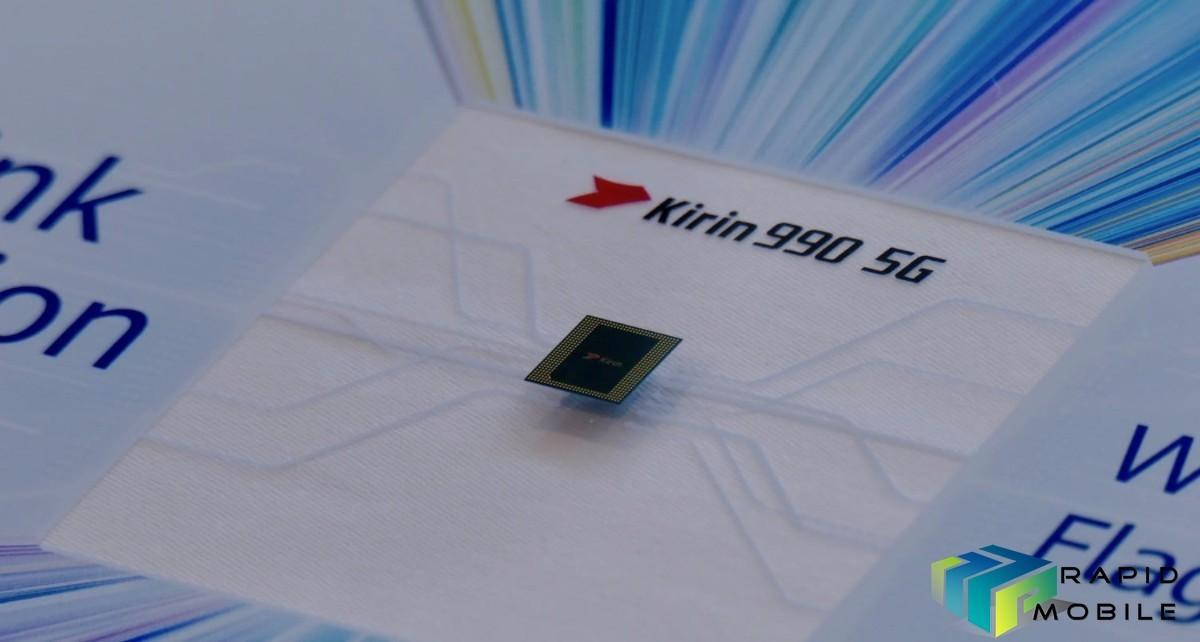Huawei CEO Yu Chengdong told a tech industry forum on Friday that production of Kirin chips designed by Huawei’s own engineers will stop September 15 because they are made by contractors that need U.S. manufacturing technology, said Richard Yu, president of the company’s consumer unit.
“This is a very big loss for us. “Unfortunately, in the second round of U.S. sanctions, our chip producers only accepted orders until May 15. Production will close on Sept. 15,”
“This year may be the last generation of Huawei Kirin high-end chips.”
Yu said this year’s smartphone sales probably will be lower than 2019’s level of 240 million handsets but gave no details.
Washington cut off Huawei’s access to US components and technology including Google’s music and other smartphone services last year. Those restrictions were tightened in May when the White House barred vendors worldwide from using US technology to produce components for Huawei.
TSMC, which has been making Kirin 9000 chips using US equipment, has stopped taking orders from Huawei since May, fearing possible repercussions.
“We are complying fully with the new [U.S.] regulations. We did not take any new orders [from Huawei] since May 15,” TSMC Chairman Mark Liu told an investors conference,
“Although the regulation just finished its public comment period, the BIS [Bureau of Industry and Security] did not make a final ruling change. Under this circumstance, we do not plan to ship wafers [to Huawei] after Sept. 14.”
Under the tightened export control rule, non-U.S. chip companies must apply for licenses to use American technology and tools to supply to Huawei. TSMC and other chipmakers were not allowed to process new orders from Huawei or its chip design arm HiSilicon after May 15 without a license and must ship any orders already in the pipeline before Sept. 14.
Huawei does not have the capacity to manufacture the chips, which were used in its high-end smartphones.
“Huawei’s mobile phones have no chip supply, which makes our shipment volume this year a little less than 240 million units (shipped last year),” Yu said.
Washington has also waged a diplomatic campaign to isolate the Chinese company, which has emerged as a front-runner in the global race to roll out 5G telecom infrastructure.
The British government completely caved in to growing US pressure and pledged earlier this month to remove Huawei from its 5G network by 2027, despite warnings of retaliation from Beijing.



